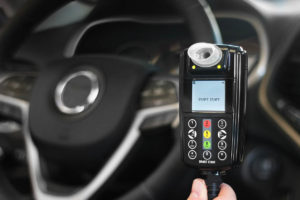What is Drug Court?
If you have an underlying drug problem and have been charged with a serious offence, the Drug Court program may be available to you, and participation could allow you to avoid full-time custody and address your drug dependency through supervised treatment in the community.
Who is eligible for Drug Court?
To be eligible for the Drug Court, you must:
- Be likely to receive a full-time custodial sentence if convicted;
- Be willing to plead guilty to the offence;
- Be dependent on prohibited drugs;
- Be over 18 years of age; and
- Be willing to participate.
However, you will not be eligible for the Drug Court program if you have been charged with an offence involving violence, charged with a sexual offence or charged with some serious offences involving the manufacture and supply of prohibited drugs. You will also be ineligible if you are suffering from a mental illness which could prevent or restrict your participation in the program (however, this does not mean you will be ineligible solely because you suffer from a mental illness).
How to apply for Drug Court
To be considered for the Drug Court you, or your lawyer, should make an application to the Judge or Magistrate hearing your matter. If they determine that you meet the eligibility criteria, they will refer you to the Drug Court. Sometimes the amount of applicants exceeds the amount of available places, when this is the case, a weekly random selection will be used to determine who will be admitted.
Initially, you will appear before the Drug Court, where enquires as to your eligibility, and your drug dependency, will be made. If you are found to be eligible, you will be taken into custody (separated from main gaol inmates) for approximately 2 weeks for assessment and detoxification. While in custody, among other things, a tailored treatment plan will be developed.
The Drug Court Program
The Drug Court program consists of three stages:
- ‘Initiation’ Phase:
This phase lasts approximately 3 months. The primary goals during this period are ceasing drug use and criminal activity, and stabalising your physical health. You will be required to submit three drug tests per week, attend the court once a week and comply with your treatment plan.
2. ‘Consolidation’ Phase:
This phase lasts approximately 3 months. The primary goals are remaining drug and crime free, maintaining good health and developing life skills (including job skills). You will be required to submit 2 drug tests per week, attend court once a fortnight and comply with your treatment plan.
3. ‘Re-Integration’ Phase:
This phase lasts approximately 6 months. The primary goals are remaining drug and crime free and accepting a drug and crime free lifestyle, gaining employment and becoming socially and financially responsible. You will be required to complete your treatment plan, submit 2 drug tests weekly, attend court monthly, attend counseling and participate in a variety of skills and training programs.
You may choose to cease participation in the program at any time. Upon completion of the program, the Court will reconsider your initial sentence (which will have been suspended when you commenced the program). Generally, when you successfully complete the program, a non-custodial sentence will be imposed.
Annulling Convictions
If you have missed a court date in the Local Court and have been convicted in your absence, you may be able to have your conviction annulled. Having your conviction annulled can be beneficial for a variety of reasons. Particularly, if you believe that you are not guilty of the offence. It may also allow you to obtain the benefit of a guilty plea, or remove a ‘fail to appear’ from your criminal record (which may impact your chances of receiving bail in the future).
You have 2 years from the date of the conviction or sentence to lodge an Application for Annulment. To lodge an application, you must file the appropriate form (available from the Local Court) with a Registrar of the Local Court. A filing fee needs to be paid in order to lodge the application; however, it may be waived if you are a low income earner.
Once you have lodged your application, it will be listed in the Court on the same or another day. When appearing before the Court, you or your solicitor must explain why you did not attend Court on the previous date. You may provide documentary evidence or give your own evidence about this; you may also call another person to give evidence on your behalf. For the conviction to be annulled, the Court must be satisfied that you were either not aware of the proceedings or not able to take part in the proceedings because of accident, illness, misadventure or another cause; or the circumstances of the case justify the application being granted.
If your application is successful, the decision will be annulled. The case will continue as if the conviction or sentence had never been made. If your application is unsuccessful, the conviction or sentence made against you will stand.
This article is intended as a guide only and does not constitute legal advice.
Need a lawyer?
If you have been convicted or sentenced in your absence and would like advice on having the conviction annulled, contact us here.








